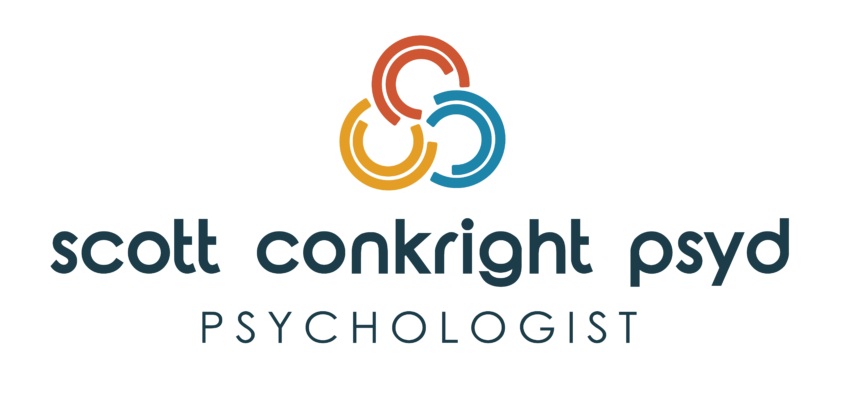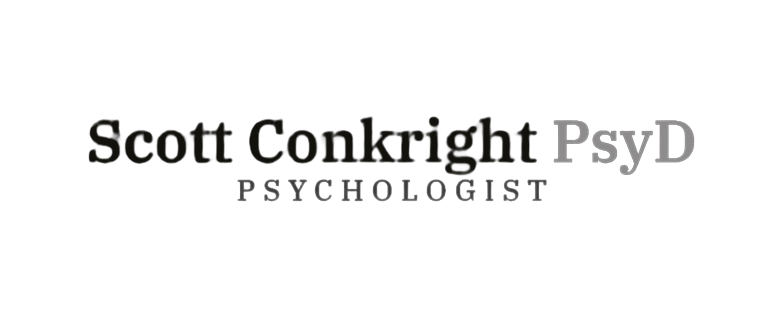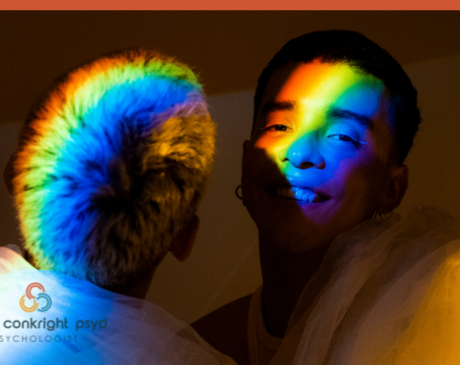From Shame to Growth: Understanding a Powerful Emotion

Hello, everyone. Dr. Scott Conkright, also known as the Affect Doc, is here. In today’s discussion, we’ll delve into a complex emotion that often goes unaddressed yet significantly influences our interactions and self-perception: shame.
Shame, a universal yet profoundly personal emotion, manifests as an internal voice that arrives uninvited when we feel most vulnerable. It shapes our identity and our relationships with others, a shared experience that many of us can relate to.
Understanding Shame in Our Connected World
In our era of digital immediacy, emotions, particularly shame, have a magnified presence. For instance, a comment on our social media post about our weight gain can whisper of our shortcomings during a moment of enjoyment or a simple disagreement with a friend can cast a shadow over a compliment, shame can abruptly halt our emotional flow, acting as an emergency brake on positivity.
The Deeper Purpose of Shame
Despite its discomfort, shame serves an essential function. It acts as a signal, prompting us to reflect on and realign our actions with our values and community. It emerges when there’s a disconnect between our aspirations for happiness and the complex realities of social interactions. This reflection and realignment process can lead to personal growth and a deeper understanding of ourselves and our relationships.
Navigating Shame with Contemporary Strategies
Acknowledging and understanding what triggers our shame is crucial. It empowers us to manage our emotional responses more effectively and to foster resilience. Here are some modern adaptations of traditional defenses against shame that reflect our current lifestyle:
- Facade Crafting: We construct online and offline personas that showcase our best selves to shield our vulnerabilities that might trigger shame.
- Emotional Ghosting: Withdrawing emotionally becomes a strategy to avoid situations that might evoke shame.
- Self-Clipping: We lower our expectations to mitigate the impact of potential failures, preemptively dulling the sting of shame.
- Blame Casting: By shifting responsibility, we deflect uncomfortable feelings, freeing ourselves from immediate distress.
- Claustral Retreat: We retreat from social interactions to create a space safe from judgment and criticism.
While these defenses can provide temporary relief, they often lead to strained relationships and lost opportunities for growth.

Shame as a Bridge, Not a Barrier
Instead of viewing shame as an insurmountable barrier, we can see it as a bridge to deeper connection, growth, and genuine expression. Accepting shame as a natural part of our emotional spectrum not only allows us to address it constructively but also opens doors to new possibilities.
Thank you for joining this exploration into the nuanced world of emotions. Our aim isn’t to evade shame but to understand and navigate it with awareness and grace.
Further Exploration and Support
While understanding shame can significantly benefit individual growth, its influence within relationships is equally profound. If you’re interested in further exploring shame’s role in your relationship or are seeking strategies to manage it together, remember that you’re not alone. Consider consulting with a relationship counselor.
In Atlanta, GA, many skilled therapists can offer supportive and confidential couples counseling Atlanta GA. I support those eager to deepen their knowledge of these dynamics or begin their journey toward a resilient, fulfilling relationship.
Contact Dr. Scott Conkright today to schedule a consultation. (404) 315-7150






